Zahra Alhumaidi is studying BSc (Hons) Biomedical Science at the University of Salford after applying through Clearing, and is currently on placement at the Royal Liverpool and Broadgreen University Hospital. We spoke to Zahra about her placement and how it’s providing her with crucial experience for her future career.
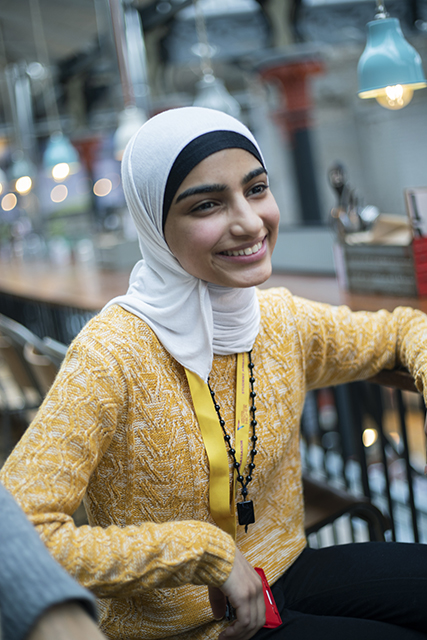
Hi Zahra! Can you tell us a bit about your placement?
I’m on placement as a Biomedical Science Trainee at the Royal Liverpool and Broadgreen University Hospital. I’m doing the placement between my second and final year. It’s an IBMS (Institute of Biomedical Science) placement, which means that after I graduate I could become a Biomedical Scientist.
What have you learned so far on your placement?
Initially, I started off by learning the basics of good laboratory practice. That includes knowing what’s safe and what’s not, for example wearing the appropriate PPE when dealing with clinical samples. I’m now responsible for processing patient samples, carrying out different diagnostic techniques for testing samples, and doing quality control checks.
What has been the most interesting experience you’ve had so far?
I’m doing my placement in a multidisciplinary environment, which means I’ve rotated through different departments. Initially I started off in medical microbiology, but I’ve since moved onto a specialised hematology lab and a histocompatibility and immunology lab.
A few weeks ago, I watched a Biomedical Scientist do a cross match for a donor and patient who needed a kidney transplant. I was able to shadow the Biomedical Scientist and do the technique while being supervised. After processing the sample, I observed the kidney transplant. Watching the surgery was just so fascinating. It’s been one of my highlights on placement so far.
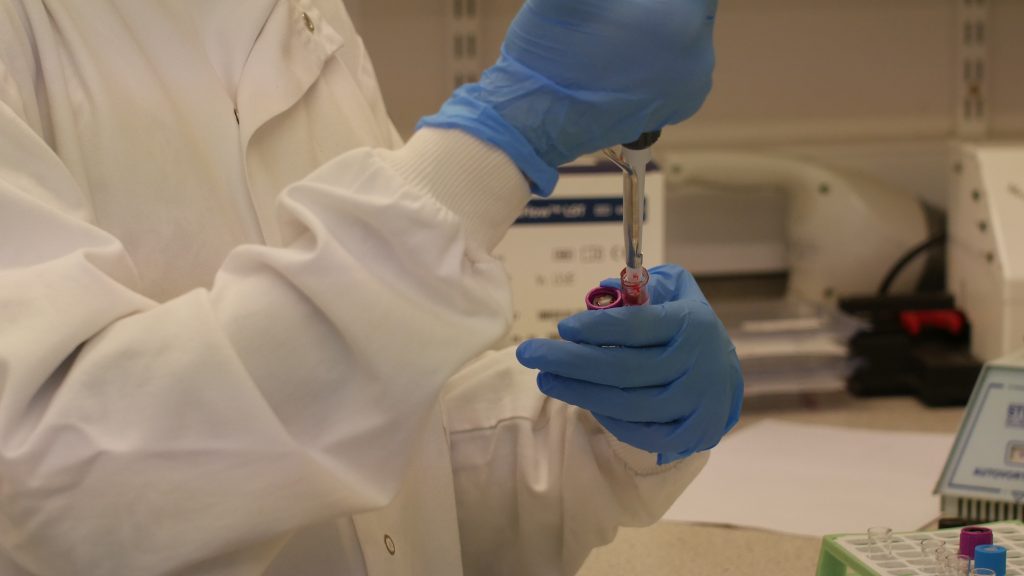
Are enjoying your placement?
It’s great fun and there’s a lot to learn – there are lots of practical things to pick up as well as the knowledge. The best thing is the information I’ve learned on my course. It makes a lot more sense now because I’ve been able to put it into practice.
Do you think going on placement will help your career?
Definitely. You get the knowledge you need by studying at university, but when you go on placement you learn a lot from the working environment. On a day-to-day basis I work with Medical Laboratory Assistants, Biomedical Scientists, Clinical Scientists and service users, so I’ve learnt how to adapt my communication when talking to different people. I’ve also learned new laboratory skills and techniques, and how to manage my time well.
Are you excited for your career?
I’m very excited for my career as there are so many options open to me. This placement has offered up so many opportunities other than becoming a Biomedical Scientist. For example, I could become a Clinical Scientist and complete research within the hospital itself, or I could become a Physician Associate and interact between patients and doctors. If I chose to become a Biomedical Scientist, I would specialize in either haematology or immunology.
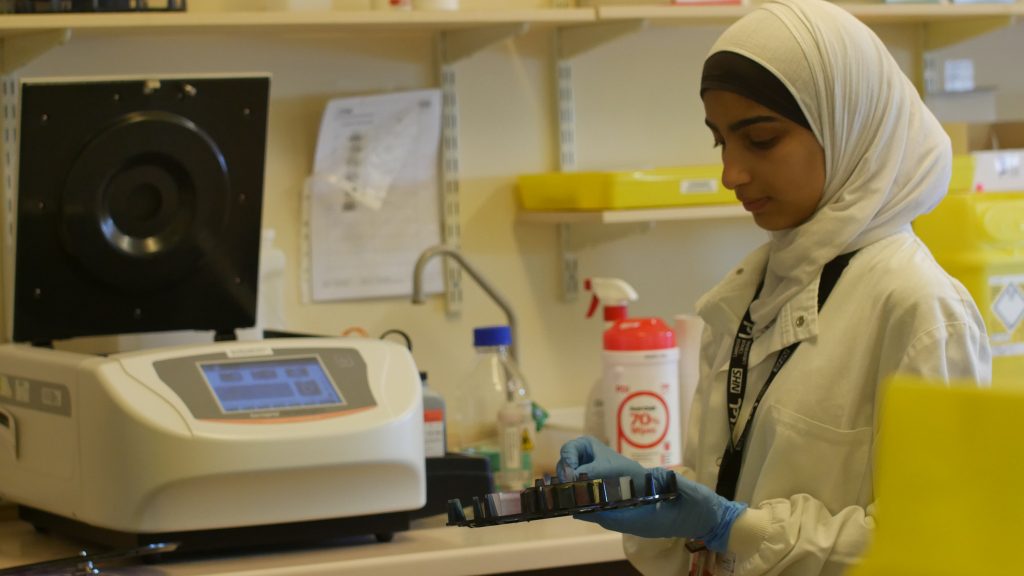
Outside of your placement, how do you rate your course content and lecturers?
I’m satisfied with the course content, especially now I’m on placement as it’s really started to make sense. I think what helps is the fact that my course is accredited, which means that everything I learn is crucial and the Institute of Biomedical Science have to check that I’m getting taught everything I need to know. My lecturers are very supportive and I can go to them whenever I need them. For example, I’ve done research placements with two lecturers and they’ve helped me set up the Biomedical Science Society at Salford. At the end of my first year, I asked one of my tutors if I could shadow one of her PhD students. I didn’t expect to be there all summer, but because I loved it I didn’t leave the lab! I really felt that I was part of the research group as I had lots of independence in the lab.

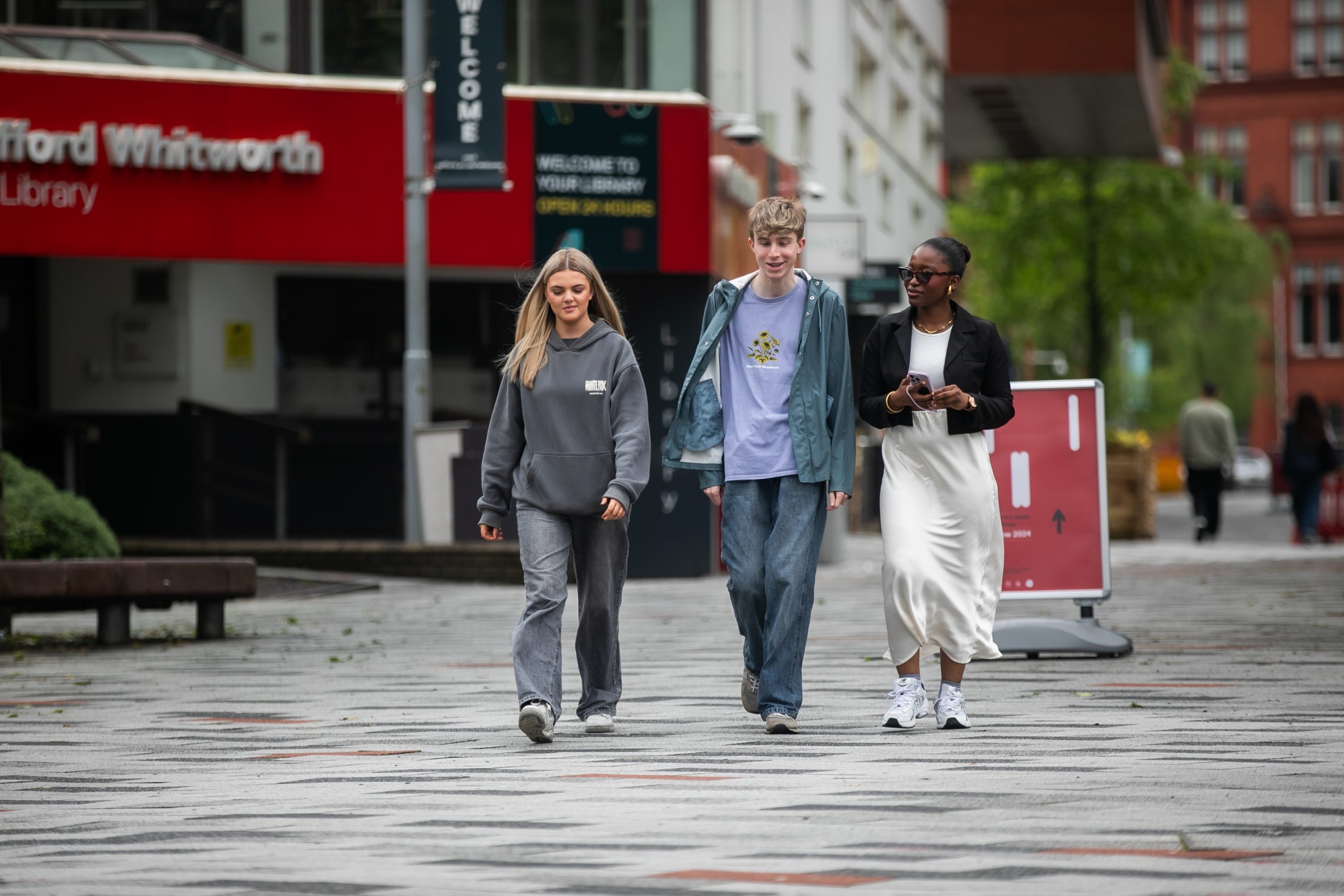

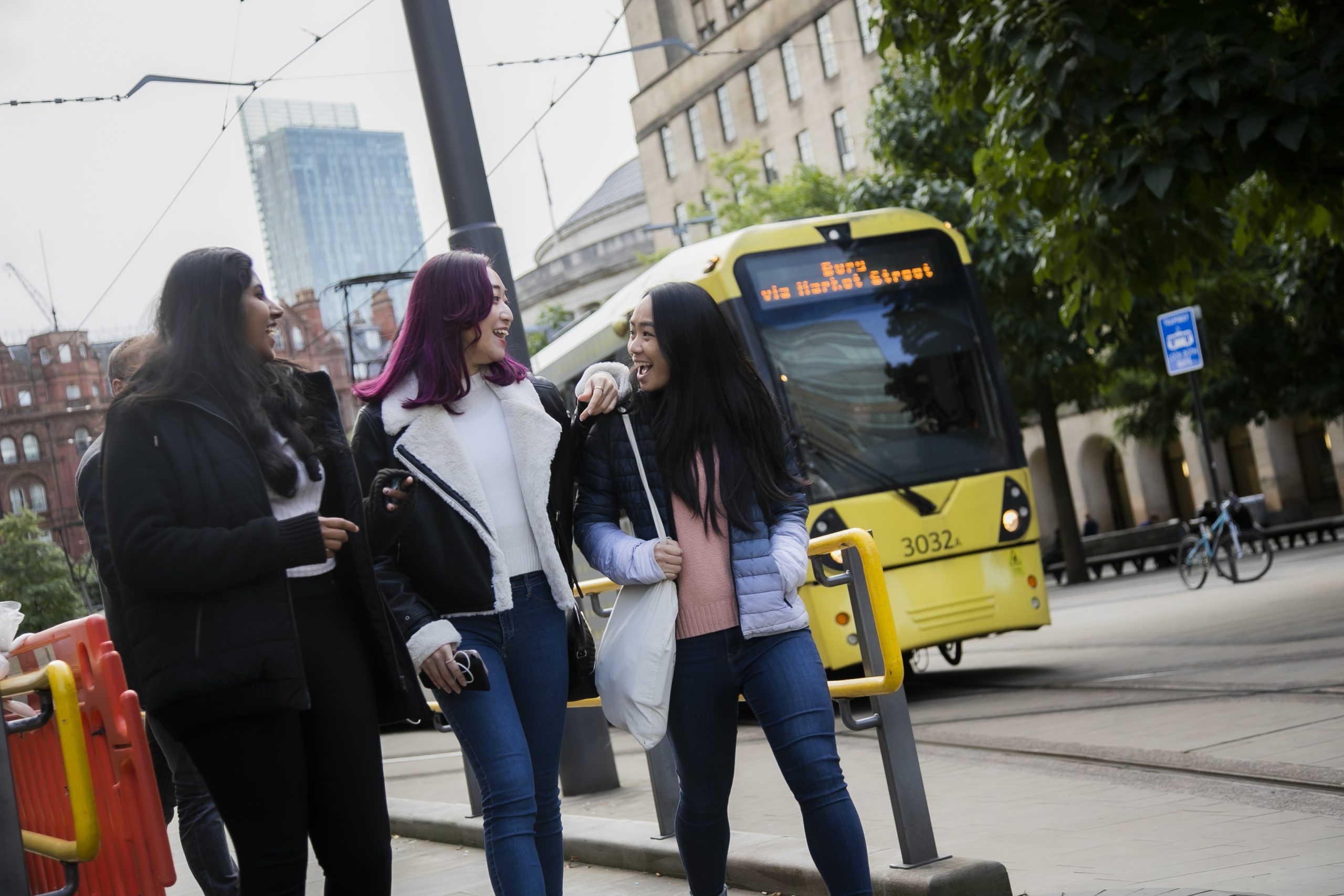


Leave a Reply